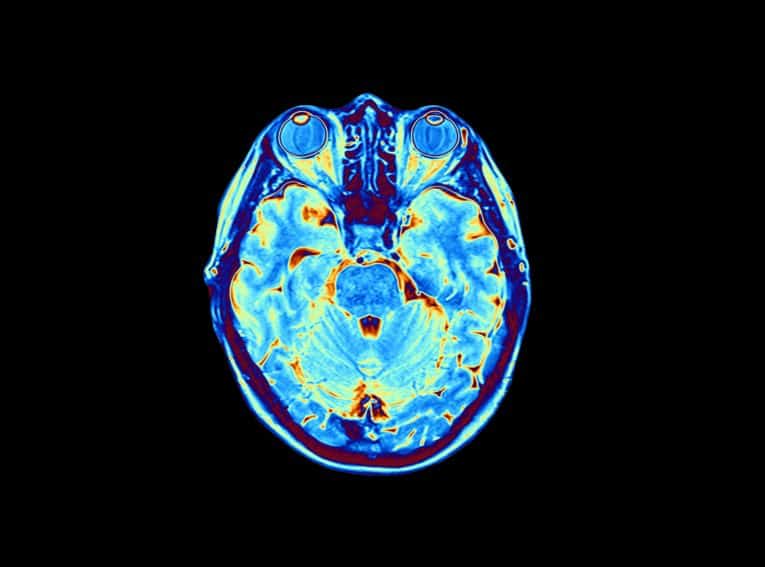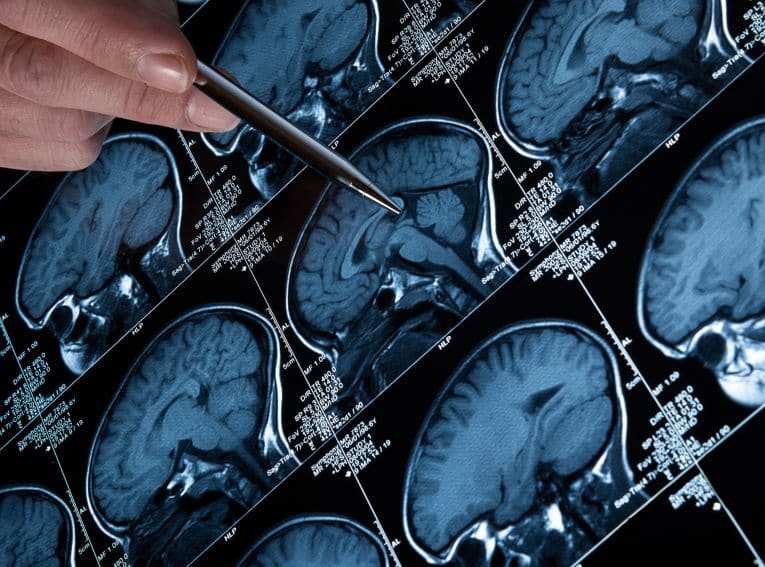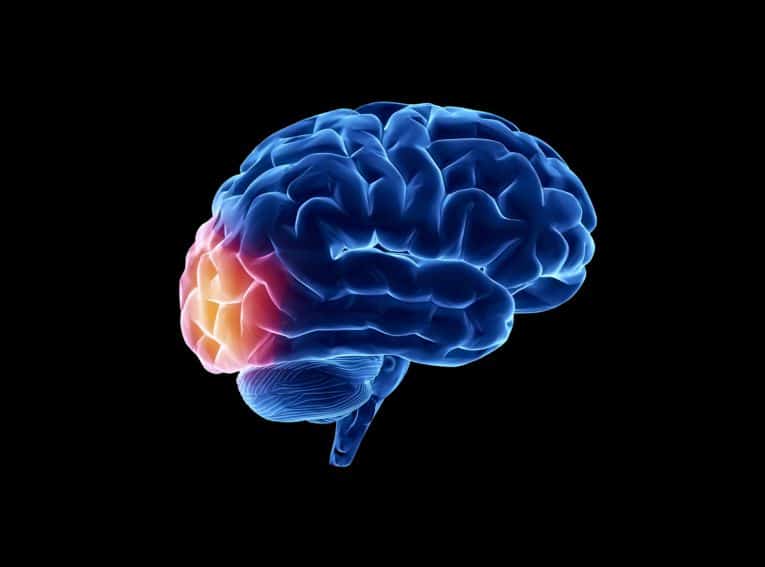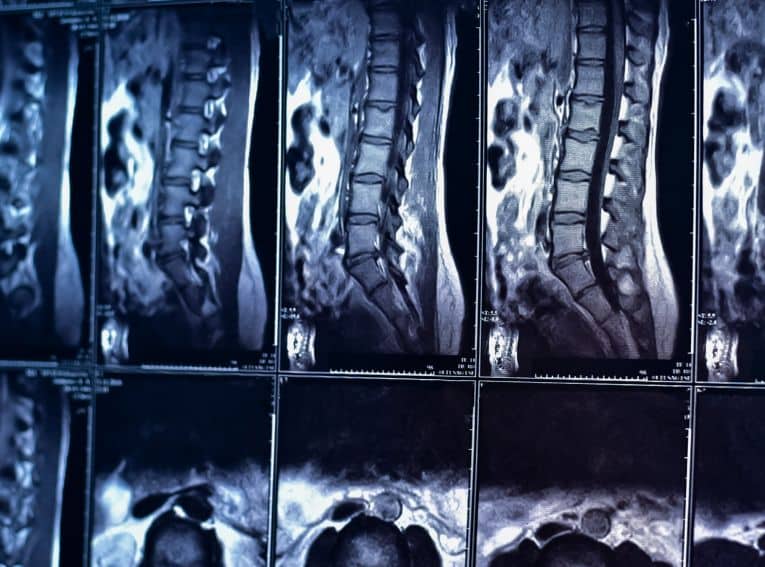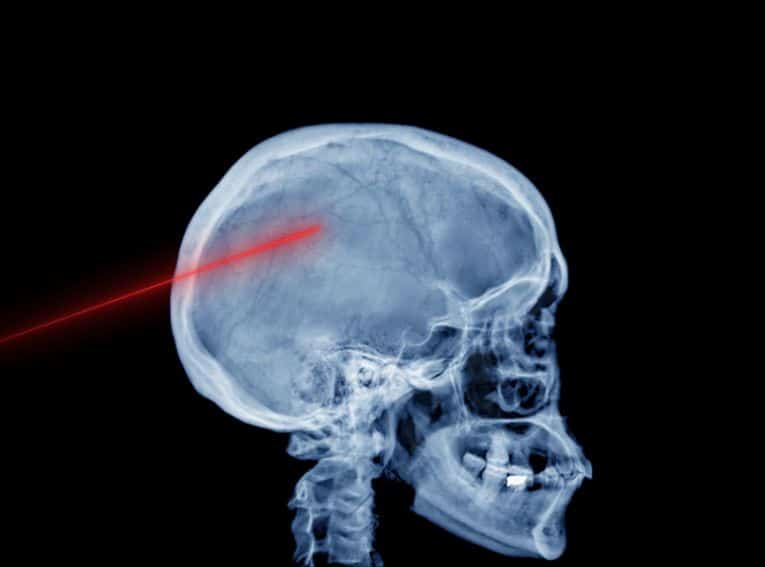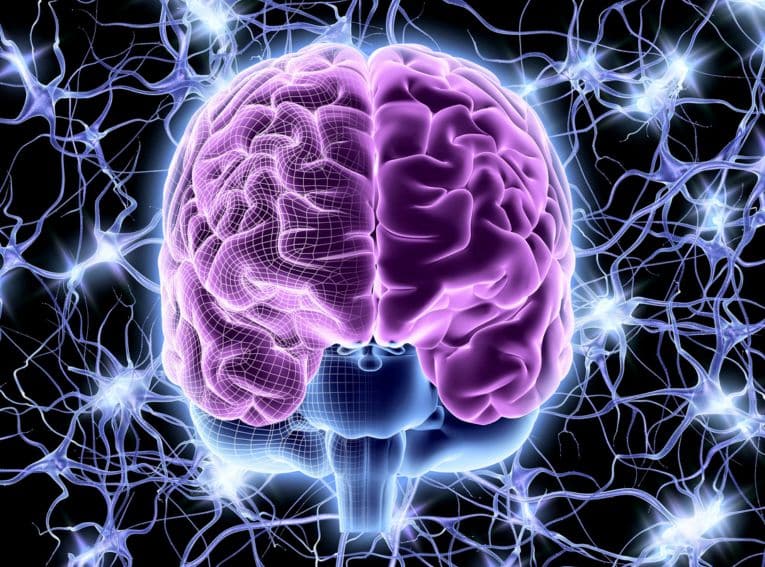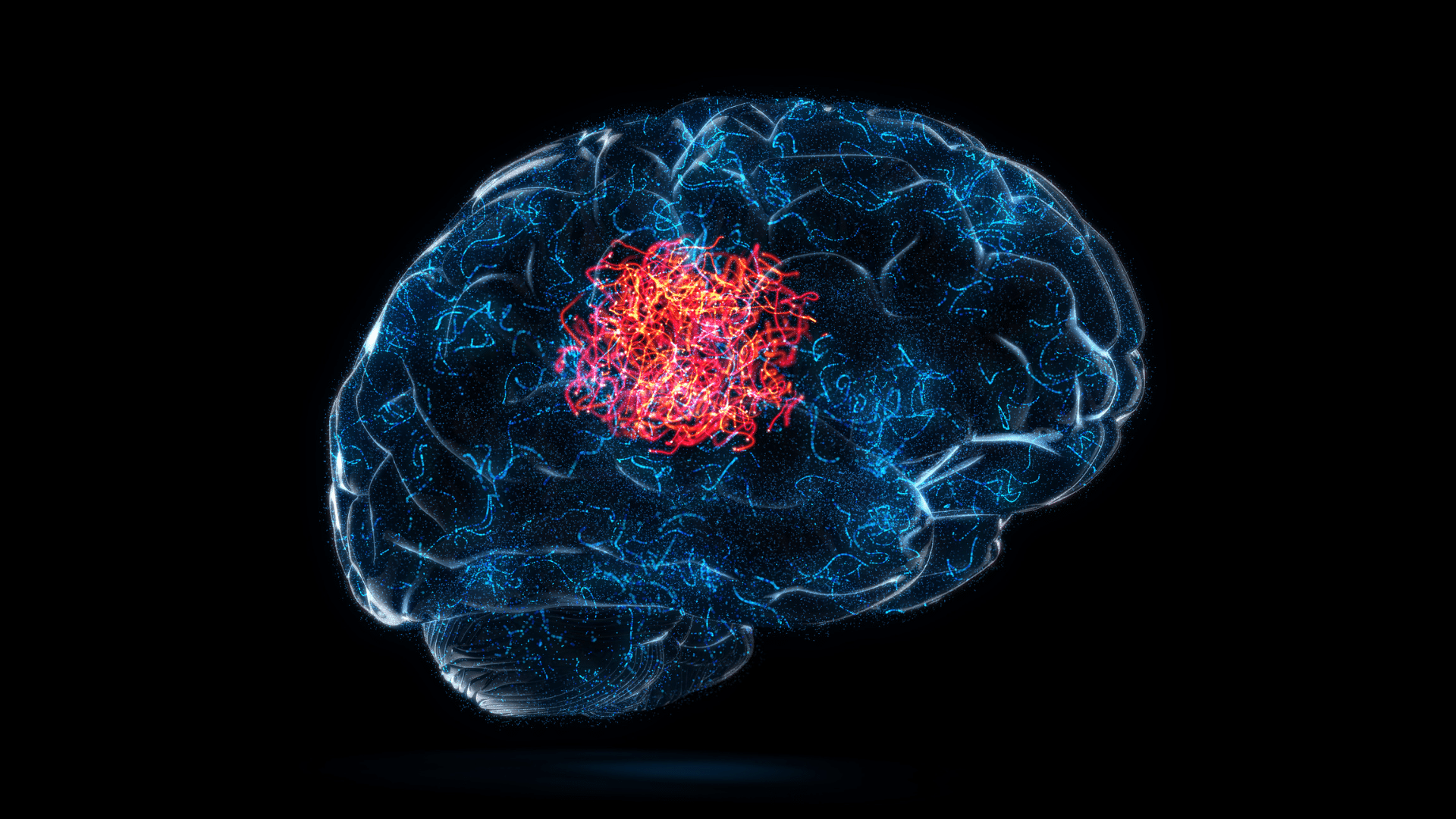
Craniopharyngioma
A craniopharyngioma is a benign tumor at the base of the brain. While the tumor is not malignant and does not metastasize, its location makes it dangerous. Near not only the brain, but the pituitary and hypothalamus glands and the optic nerve, a craniopharyngioma can result in a variety of serious symptoms. This tumor is most commonly seen in children between the ages of 5 and 10, but is sometimes observed in adults as well. Craniopharyngiomas are usually treated by surgical removal.
Causes of Craniopharyngioma
A craniopharyngiomas is caused by abnormal cell growth during fetal development. While the tumor is present at birth, its symptoms may present at varying times depending on its rate of growth.
Symptoms of Craniopharyngioma
As craniopharyngiomas enlarge they can cause a variety of troubling symptoms. Because of the tumors proximity to the brain, patients experience increased intracranial pressure which may cause:
- Headaches
- Nausea
- Vomiting, especially in the morning
- Balance problems
- Behavioral or learning problems
As craniopharyngiomas grow and exert pressure on the pituitary gland, hormone production may also be affected, resulting in:
- Excessive thirst and urination (diabetes insipidus)
- Stunted growth
- Sleep disturbances
- Delayed puberty
These tumors may also affect the optic nerve, causing vision problems, and the hypothalamus gland, increasing appetite and causing weight gain (hypothalamic obesity). Unfortunately, these difficulties may remain after surgery and require separate treatments. By the time craniopharyngiomas are diagnosed, most patients are experiencing decreased hormone production and visual difficulties.
Diagnosis of Craniopharyngioma
Craniopharyngiomas are diagnosed through imaging tests, including CT scans and MRIs, by comprehensive neurological examinations, and by blood tests to evaluate hormonal imbalances. In some cases, a tissue biopsy may also be necessary.
Treatment of Craniopharyngioma
Treatment for a craniopharyngioma usually involves surgery to remove the tumor and has a very high rate of success. Surgery may be performed with or without radiation therapy to ensure complete removal. The most difficult part of treating a craniopharyngioma is weighing the necessity for maximal removal to avoid recurrence against minimal invasion to reduce side effects.
Some tumors may be treated through stereotactic radiosurgery alone, which is considerably less invasive and associated with fewer risks. Radiotherapy, however, may result in its own side effects, particularly dangerous to the young, developing brain. For this reason, radiotherapy is not usually administered to patients younger than 5 years of age.
Complications of Craniopharyngioma
Treating a craniopharyngioma is not a simple matter. While treatment of craniopharyngioma through surgery or radiation is typically effective for most patients, recurrence is possible, usually within 2 years of surgery, and may require additional treatment.
Treatments for associated conditions, such as bariatric surgery for hypothalamic obesity, hormone replacement for decreased hormone production, or may also be necessary. Certain cognitive or visual problems may remain or may become evident some time after treatment has been completed. There are also some risk associated with radiation therapy, including:
- Stroke
- Delayed blindness
- Loss of pituitary function
- Secondary cancer
Recovery of Craniopharyngioma
The best rates of recovery without recurrence are in patients treated with surgery combined with radiation therapy. In spite of the possibility of complications, the prognosis for patients with craniopharyngioma is good. While many patients will have to cope with other associated conditions after surgery, there is an 80-90 percent chance of permanent cure after treatment.
Welcome to the office of neurosurgeon Dr. Vikas Rao, where your health comes first. Below are some of the neurosurgical treatments that we offer in Mission Viejo, CA:
Contact us today
Your concerns are important to us, and we want to make sure all of your questions are answered so you understand your options. Please contact our office with any questions, and our team will be happy to assist you.
Give us a call
We're open to serve
Our doctor and staff are devoted to our patients. Please fill out the form below with any questions or to schedule an appointment and our team will get back to you within 24 to 48 hours.
